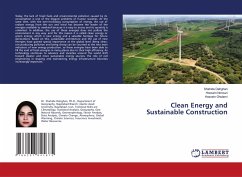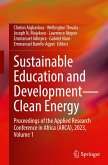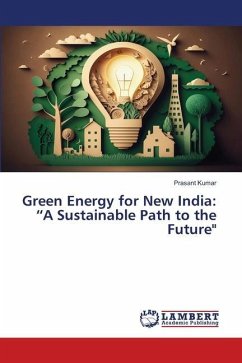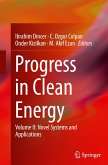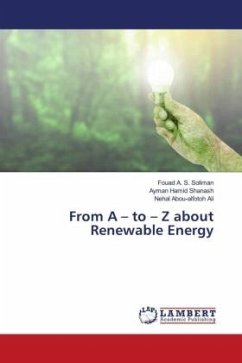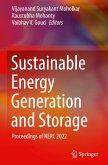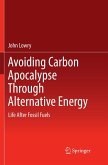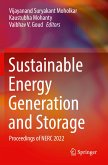Today, the lack of fossil fuels and environmental pollution caused by its consumption is one of the biggest problems of human societies. At the same time, with the ever-increasing consumption of energy, the use of radiant energy from the sun and wind has become the leader of the energies available to mankind because it is easy to access and its quantity is unlimited. In addition, the use of these energies does not pollute the environment in any way, and for this reason it is called clean energy or green energy, which is new energy and a valuable heritage for future generations. Based on this, sustainable architecture and the use of new energies have gained special importance at the global level. Being clean, not producing pollution and being cheap can be counted as the two main indicators of new energy production, so these energies have been able to fill the void of fossil energies in many places due to their high efficiency. As technology continues to advance and societies around the world shift toward cleaner and more sustainable energy sources, the role of civil engineering in shaping and maintaining energy infrastructure becomes increasingly important.
Bitte wählen Sie Ihr Anliegen aus.
Rechnungen
Retourenschein anfordern
Bestellstatus
Storno

